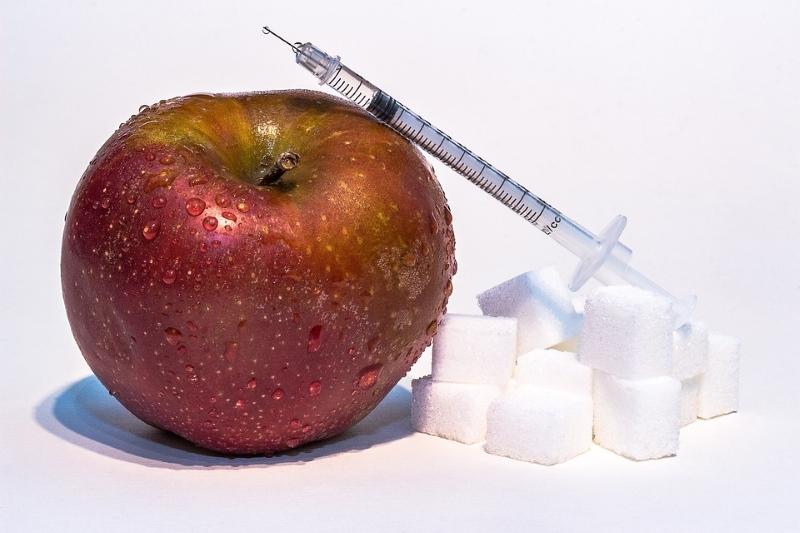Maintaining one’s health is vital, but even more so for people living with diabetes. Weight management can be especially can be tricky, but it’s necessary to ensure the health of a person with diabetes.

Health professionals are also looking into addressing obesity among people with diabetes more, as opposed to solely focusing on blood sugar. Research finds that dropping 15% or more of body weight can have a disease-modifying effect in type 2 diabetes, which is more effective than glucose control practices. To manage your diabetes and stay fit and healthy, proper habits are vital for your lifestyle. Here are a few tips that can help you healthily shed some pounds:
Create a healthy eating plan
Healthy eating is paramount to weight management. The type of food, how much you eat, and the combinations of food types you consume are important to consider when developing a proper diet to help with diabetes. As such, it helps to look at weight loss programs that are designed to keep people with diabetes healthy. WeightWatchers, in particular, based its plan on guidelines from the American Diabetes Association and the International Diabetes Federation.
The WeightWatchers’ diabetes-tailored plan helps users lower blood sugar, lose weight, and stress less with an in-app blood sugar tracker. You can follow a similar tracking strategy for your weekly meal plans to ensure you’re eating the right foods and keeping your blood sugar at an appropriate level. Take time to read food labels and nutrition information to know how these foods might affect your health and add or lessen them in your diet when needed.
Consume healthy carbs
You probably already know how carbohydrates can affect your glucose levels, but that doesn’t mean you should completely cut them out of your diet. Low-carb diets can be beneficial, but only with proper guidance and moderation; too much of an imbalance in your diet can cause hypoglycemia or exacerbate your diabetes by reducing insulin sensitivity.
Instead of restricting your carb intake in an unhealthy manner, focus on eating healthy carbs. Whole grains, fruits, vegetables, and beans are some foods that can help you add more balance to your diet, which can help with weight loss and managing your diabetes. Remain vigilant when eating carbs, and choose the healthier options when you do.
Pay attention to portions
Proper nutrition isn’t just about your food choices; it’s also important to consider how much you eat. It’s easy to underestimate your portion sizes when you eat from a large plate. You might actually be overeating, affecting your weight, by consuming too much of certain foods that impact your blood sugar. Adjusting your portion sizes can help you control how much you eat.
You can do this by downsizing your dinnerware and eating from a smaller plate, making you think you’re eating more than you are. Portion plates can also help promote healthy eating; they divide your dish to ensure you eat the correct portions of veggies, proteins, and carbs. They’re promising tools to help you ensure nutrient balance in every meal. By getting enough nutrition and lessening overeating, you’ll find it easier to shed some pounds healthily and naturally.
Try mindful eating
Everyone is guilty of snacking or grabbing a bite without much thought behind the act, but mindlessly consuming food can easily affect your weight loss journey. Instead of just eating whatever is available in your pantry or bringing your plate in front of a screen, try to be mindful of your food. Focus on the tastes and textures, and eat slowly to savor them.
Take notice of their nutrition levels, and swap your snacks out for a healthier, more diabetes-friendly alternative. If you find yourself reaching for food when you’re bored, try redirecting that into doing a hobby or drinking a glass of water instead. Minimize distractions like the TV or your computer during meals. Mindful eating can help you know when it’s time to limit your intake, and that can help you keep the weight off in a feasible way without affecting your diabetes.






